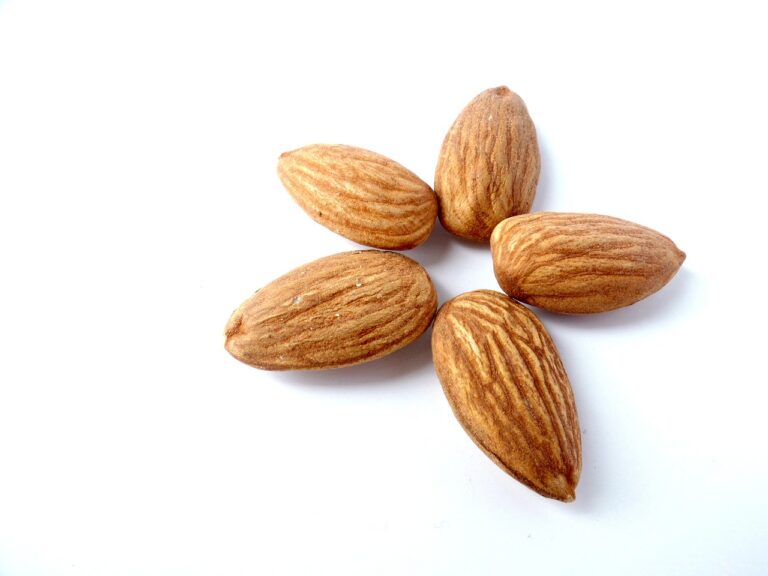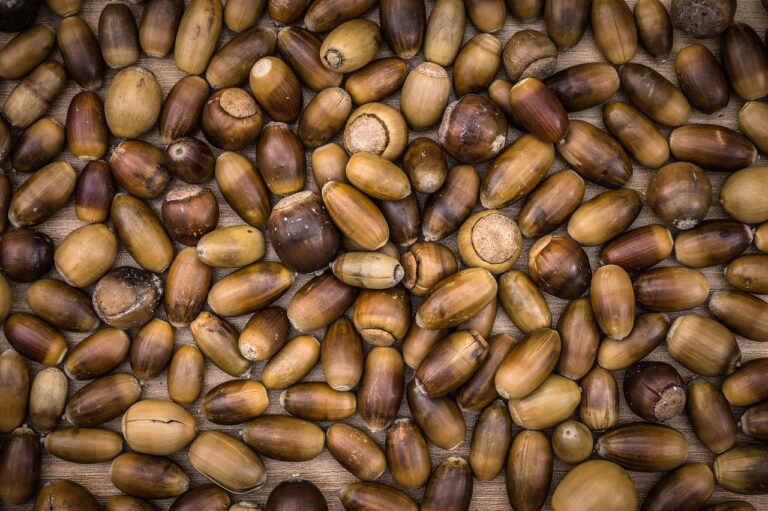Investigating the Health Benefits of Fermented Foods
Fermented foods have a rich history dating back thousands of years. The process of fermentation was discovered inadvertently by our ancestors when they observed the transformation of food with the passage of time. From early civilizations to modern times, fermentation has been a crucial method for preserving food and enhancing its flavor.
Different cultures around the world have their own traditional fermented foods, each with unique tastes and ingredients. In Asia, kimchi in Korea and miso in Japan are popular fermented foods, while sauerkraut in Germany and kombucha in Russia are enjoyed in European countries. These diverse culinary traditions highlight the global significance of fermented foods throughout history.
• Fermented foods have a rich history dating back thousands of years
• The process of fermentation was discovered inadvertently by our ancestors
• From early civilizations to modern times, fermentation has been crucial for preserving food and enhancing flavor
• Different cultures around the world have their own traditional fermented foods with unique tastes and ingredients
• Kimchi in Korea and miso in Japan are popular fermented foods in Asia
• Sauerkraut in Germany and kombucha in Russia are enjoyed in European countries
• These diverse culinary traditions highlight the global significance of fermented foods throughout history
The Science Behind Fermentation
Fermentation is a natural metabolic process that converts sugars into acids, gases, or alcohol using yeast or bacteria. This process occurs in the absence of oxygen, making it an anaerobic reaction. The microorganisms responsible for fermentation break down the sugars present in food, releasing byproducts that give fermented foods their unique flavors and textures.
One of the key factors influencing fermentation is the temperature at which it occurs. Different strains of yeast and bacteria thrive in specific temperature ranges, impacting the speed and outcome of the fermentation process. Factors such as pH level, salt concentration, and oxygen availability also play crucial roles in determining the success of fermentation. Overall, the science behind fermentation involves a delicate balance of these factors to achieve the desired end product.
The Role of Probiotics in Fermented Foods
Fermented foods are known for their rich probiotic content, offering a wide array of health benefits. These live microorganisms help maintain a healthy balance of gut bacteria and promote overall digestive wellbeing. Consuming probiotics through fermented foods like yogurt, sauerkraut, and kimchi can aid in improving digestion, boosting the immune system, and even enhancing mental health.
In addition to promoting gut health, probiotics found in fermented foods have been linked to reducing inflammation in the body. This anti-inflammatory effect can help alleviate symptoms of various conditions such as irritable bowel syndrome, allergies, and even skin issues. By incorporating a variety of probiotic-rich fermented foods into your diet, you can support your body’s natural defense mechanisms and enhance your overall well-being.
What are some examples of fermented foods?
Some examples of fermented foods include sauerkraut, kimchi, yogurt, kefir, kombucha, and miso.
What is the role of probiotics in fermented foods?
Probiotics are beneficial bacteria that help improve gut health by promoting the growth of good bacteria and inhibiting the growth of harmful bacteria in the digestive system.
How do probiotics contribute to overall health?
Probiotics have been shown to have numerous health benefits, including improving digestion, boosting the immune system, and potentially reducing the risk of certain diseases.
Are all fermented foods good sources of probiotics?
Not all fermented foods contain probiotics, as some are pasteurized or heat-treated, which can kill the beneficial bacteria. It’s important to look for live, active cultures when choosing fermented foods for their probiotic content.
Can probiotics survive the digestive process?
Some strains of probiotics are able to survive the acidic environment of the stomach and reach the intestines where they can have a beneficial impact on gut health. However, the survivability of probiotics can vary depending on the specific strains and the individual’s digestive system.







